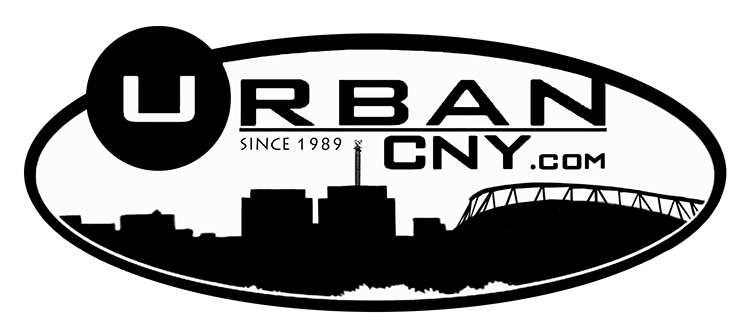Code Inspectors Working Proactively in North Side Neighborhoods Found 46% More Health and Safety Violations and Achieved Higher Compliance Rates than Inspectors Responding to Complaints
Miner: With More Access to Residences and Higher Compliance, We Are Improving the Quality of Life for People in Our Neighborhoods
SYRACUSE, N.Y. – Mayor Stephanie A. Miner announced today that code inspectors working on the Tenant-Owner-Proactive (TOP) pilot program on the city’s North Side have experienced an 18 percentage point increase in compliance rates as of December 15. Nearly 60% of violations—such as heat and water shutoffs, infestations, and chipping lead paint—were successfully resolved by property owners on time.
“This is a tremendous response from this exciting new program. With more access to residences and higher compliance, we are able to improve the quality of life for people in our neighborhoods,” said Syracuse Mayor Stephanie A. Miner. “Our inspectors are identifying more issues with this new protocol and quickly resolving those situations. With nearly 60% compliance, this means more people are living in safer, healthier housing. I thank our code enforcement staff and the Office of Innovation for their efforts in making this improvement a reality.”
The Division of Code Enforcement and the Department of Neighborhood and Business Development developed the TOP pilot program in partnership with The Office of Innovation (i-team). The City launched the effort in order to test new ways of identifying and solving high-priority health and safety violations that have the most impact on residents.

For years, code inspectors have been assigned to work citywide, addressing cases reactively when complaints are received rather than through proactive efforts focused on high-priority cases. The TOP pilot, launched on November 1, saw improved results by establishing new protocols for inspectors. By proactively walking their designated territories and engaging with residents, rather than responding reactively to complaints citywide, pilot inspectors were able to learn about problems and resolve them more effectively. Inspectors identified 115 new cases during the course of the pilot, including 95 new health and safety violations. This represents a 46% increase compared to inspectors who did not engage residents to proactively identify potential code violations at their properties.
Over the course of the program, inspectors saw a 57.7% compliance rate. This is an increase of 18.2 percentage points over other inspectors who did not participate in the program during the same time period. Compliance occurs when a property owner rectifies a violation by a deadline set by the code inspector who cited the property.
The pilot program was aided by new software from the Building Blocks program, acquired by Syracuse through a Cities RISE grant. This allowed data analysis of individual city streets to determine properties which have a higher probability of code violations but had never been cited by an inspector, based on their locations. The city recently acquired software that flags such properties for inspectors in their neighborhoods, allowing them to prioritize high-risk properties and increase efficiency.
Code enforcement also put new tablets in the hands of inspectors, enabling them to access the city’s service request software – known as IPS – while out on the job. Prior to this new technology, inspectors needed to return to their offices to fill out paperwork and examine the inspection history of a property. With the tablets, inspectors now have that information at their fingertips.
Mayor Miner added, “By focusing on the data we have available and accessing new technology, we can make our inspectors more effective because they are more efficient. The ultimate objective is to achieve better compliance and, through these new tools, we are reaching that goal.”
The city now plans to extend the pilot program through January and ultimately work to expand the new protocol for all inspectors. Additionally, code enforcement is working to put more tablets into the hands of inspectors as they work across the city now to give them access to more information while they are on the job.
About Bloomberg Philanthropies’ Innovation Teams
Now working in more than 20 cities across four countries, the Innovation Teams Program helps cities solve problems in new ways to deliver better results for residents. Bloomberg Philanthropies awards cities multi-year grants to create in-house innovation teams, or “i-teams,” which offer cities a different set of tools and techniques to innovate more effectively and tackle critical challenges—from reducing violent crime to revitalizing neighborhoods to strengthening the growth of small businesses.”









